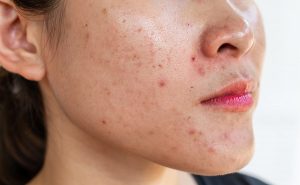
The idea behind immunotherapy for peanut allergy is appealing in its simplicity: Ask a patient to eat tiny amounts of peanut every day, and over time their immune system will become desensitized to it. Unfortunately, this cure might be doing more harm than the allergy itself, a new evidence review suggests. People who undergo immunotherapy for their peanut allergies wind up with a large increase in life-threatening anaphylaxis and other allergic reactions, compared to others who either avoid peanuts or are in a placebo group, researchers concluded. Peanut immunotherapy triples a patient’s risk of anaphylaxis and doubles the chances they’ll need to use epinephrine to counter a severe allergic reaction. “We found that patients on immunotherapy, their quality of life wasn’t any better,” said lead researcher Dr. Derek Chu, a fellow in clinical immunology at McMaster University in Ontario, Canada. “Outside of the clinic, they actually end up having more allergic reactions over time.” Chu’s team discovered this troubling fact after pooling results of 12 peanut immunotherapy trials involving more than 1,000 patients. “If you looked at each study one by one, you might not see that,” Chu said. “When you combine them all, and you analyze all 1,000 patients in unison, then you can actually see it.” Food allergies affect more than 6 million people, including as many as 8% of children and 3%… read on >

































-300x200.jpg)



